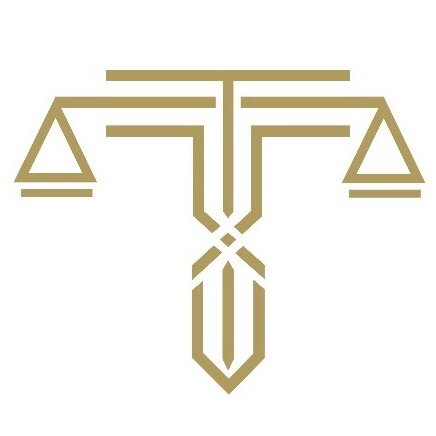Best New Business Formation Lawyers in Dammam
Share your needs with us, get contacted by law firms.
Free. Takes 2 min.
List of the best lawyers in Dammam, Saudi Arabia
Saudi Arabia New Business Formation Legal Articles
Browse our 1 legal article about New Business Formation in Saudi Arabia written by expert lawyers.
- How to Start a Business in Saudi Arabia
- Whether you are a local entrepreneur or an international investor, starting a business in Saudi Arabia can be an exciting and rewarding venture. However, knowing the legal requirements is crucial for a smooth, successful launch. In this guide, we will walk you through the key steps and legal issues that... Read more →
About New Business Formation Law in Dammam, Saudi Arabia
In Dammam, Saudi Arabia, the process of new business formation is overseen by the Ministry of Commerce and Investment (MCI). It involves various stages such as deciding on the legal structure, obtaining necessary approvals, and registration of your business. In recent years, the Saudi Government has made significant efforts to ease the process of business formation, striving to attract foreign investors and facilitate local entrepreneurship. However, complexities may arise related to local regulations, cultural norms, and intricate legal requirements that require careful consideration.
Why You May Need a Lawyer
Despite efforts to simplify the business formation process, there can be numerous hurdles where legal help may be invaluable. You may need a lawyer to help interpret complex Saudi laws, assist with drafting and reviewing business agreements, navigating intellectual property rights, or dealing with business disputes. A lawyer can also ensure that you comply with all local and national laws, thereby eliminating any legal repercussions that could negatively impact your business.
Local Laws Overview
Law in Saudi Arabia is based on the Islamic Sharia law. In the domain of business formation, key local laws include Companies Law, Foreign Investment Law, and Anti-concealment Law. These laws govern the form of business entities, agreements among shareholders, company liquidation, foreign investment restrictions, and penalties for concealment. Entrepreneurs should also abide by Zakat, Tax, and Labour laws which regulate the financial and human resource aspects of businesses.
Frequently Asked Questions
What is the minimum capital required for establishing a business?
The minimum capital differs based on the type of business entity. For a Limited Liability Company, a minimum capital of SAR 500,000 (approximately USD 130,000) is required.
Do I need a Saudi partner to start a business in Dammam?
No, recent changes in laws allow 100% foreign ownership in most sectors. Nevertheless, having a local partner can be beneficial in navigating local practices.
What is the process of registering a new business?
Business registration involves processes such as name reservation, articles of association preparation, obtaining necessary approvals from authorities, and final registration with the Ministry of Commerce and Investment.
What are the permissible business structures?
Commonly used business structures include Limited Liability Company (LLC), Joint Stock Company (JSC), and branches of foreign companies.
What are the legal obligations towards the employees?
You are required to comply with the Saudi Labour Law, which covers areas such as working hours, overtime, holidays, sick leave, end of service benefits, and employment of women and young persons.
Additional Resources
Ministry of Commerce and Investment (MCI), Saudi Arabian General Investment Authority (SAGIA), and Small and Medium Enterprises General Authority (Monsha’at) are key governmental bodies that provide comprehensive guidelines, facilitate registration, and offer support services for new businesses.
Next Steps
If you need legal assistance with new business formation, consider hiring a lawyer who specializes in Saudi Arabia's corporate law. Before taking any step, ensure you understand the financial, legal, and logistical implications of starting a business in Dammam. Lastly, familiarize yourself with both the opportunities and challenges in your chosen sector before diving headfirst into entrepreneurship.
Lawzana helps you find the best lawyers and law firms in Dammam through a curated and pre-screened list of qualified legal professionals. Our platform offers rankings and detailed profiles of attorneys and law firms, allowing you to compare based on practice areas, including New Business Formation, experience, and client feedback.
Each profile includes a description of the firm's areas of practice, client reviews, team members and partners, year of establishment, spoken languages, office locations, contact information, social media presence, and any published articles or resources. Most firms on our platform speak English and are experienced in both local and international legal matters.
Get a quote from top-rated law firms in Dammam, Saudi Arabia — quickly, securely, and without unnecessary hassle.
Disclaimer:
The information provided on this page is for general informational purposes only and does not constitute legal advice. While we strive to ensure the accuracy and relevance of the content, legal information may change over time, and interpretations of the law can vary. You should always consult with a qualified legal professional for advice specific to your situation.
We disclaim all liability for actions taken or not taken based on the content of this page. If you believe any information is incorrect or outdated, please contact us, and we will review and update it where appropriate.














